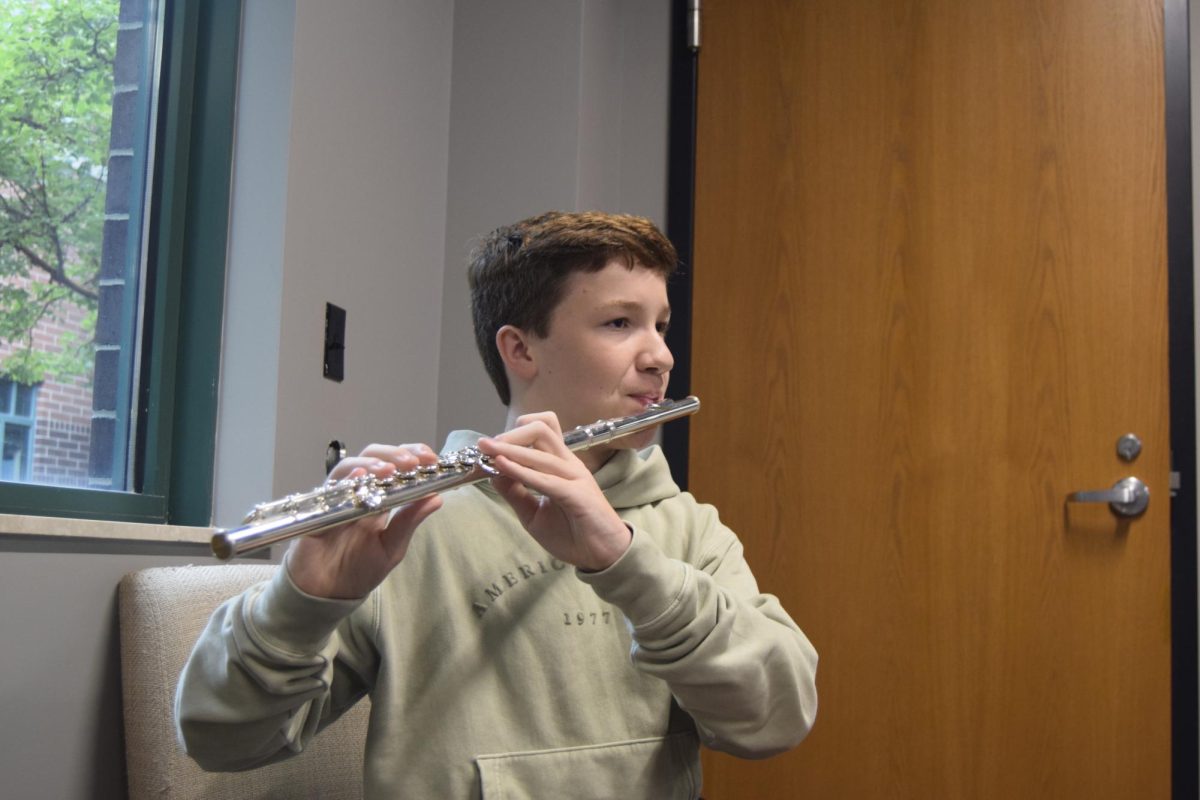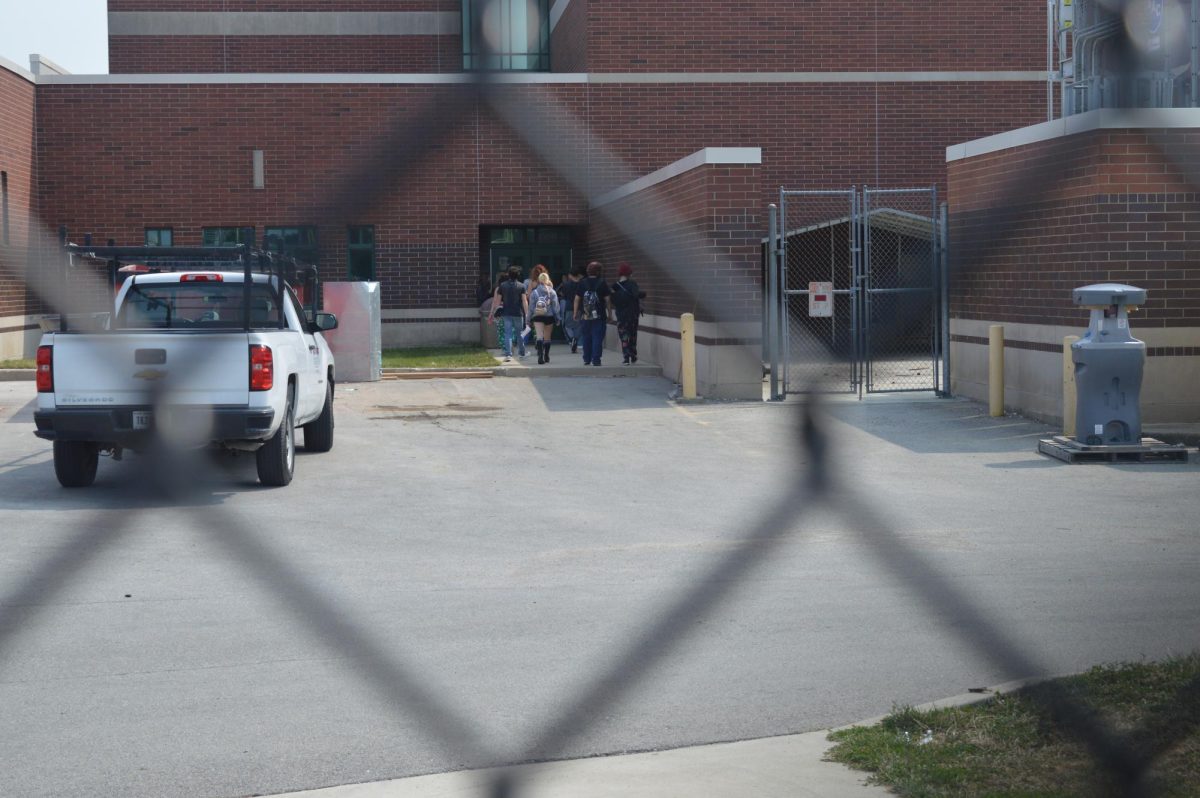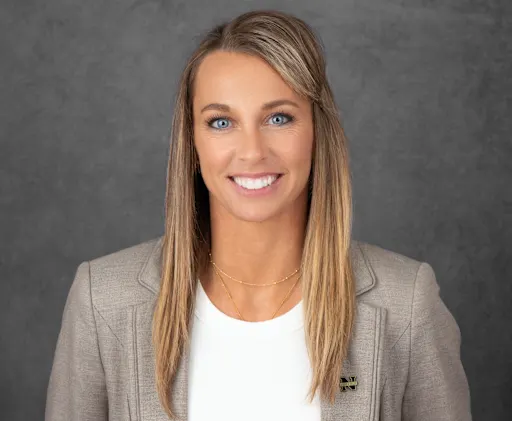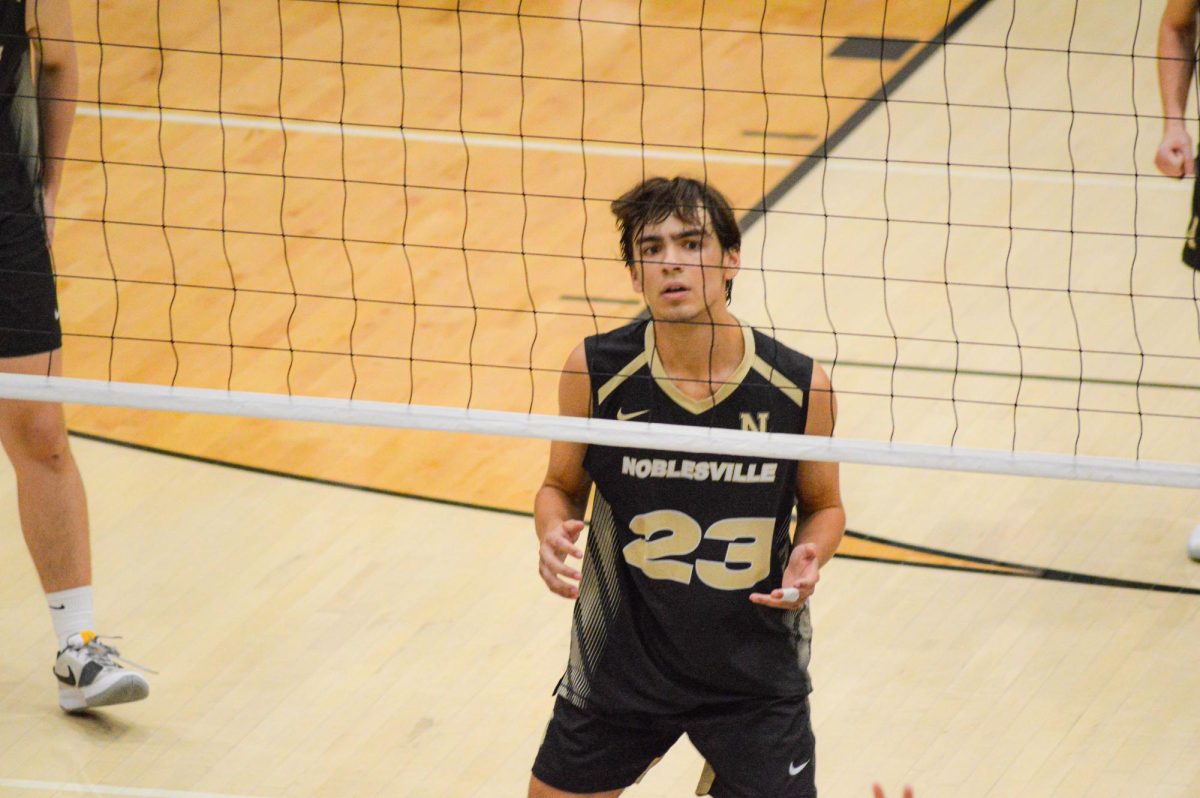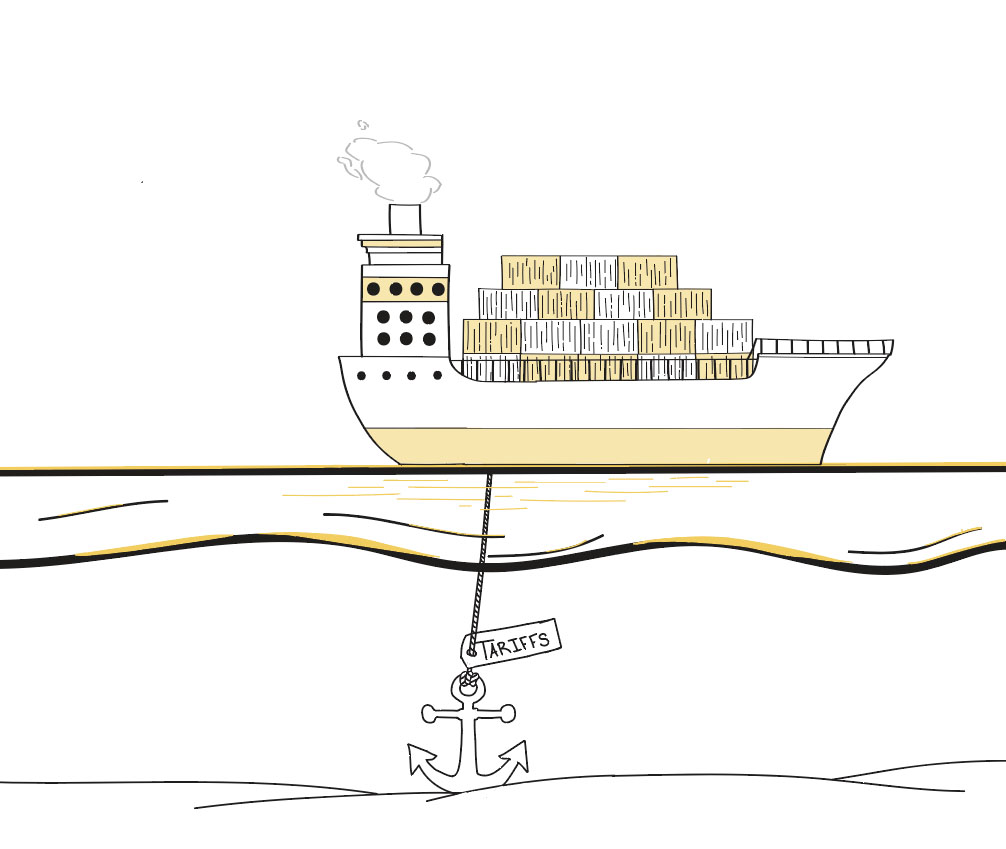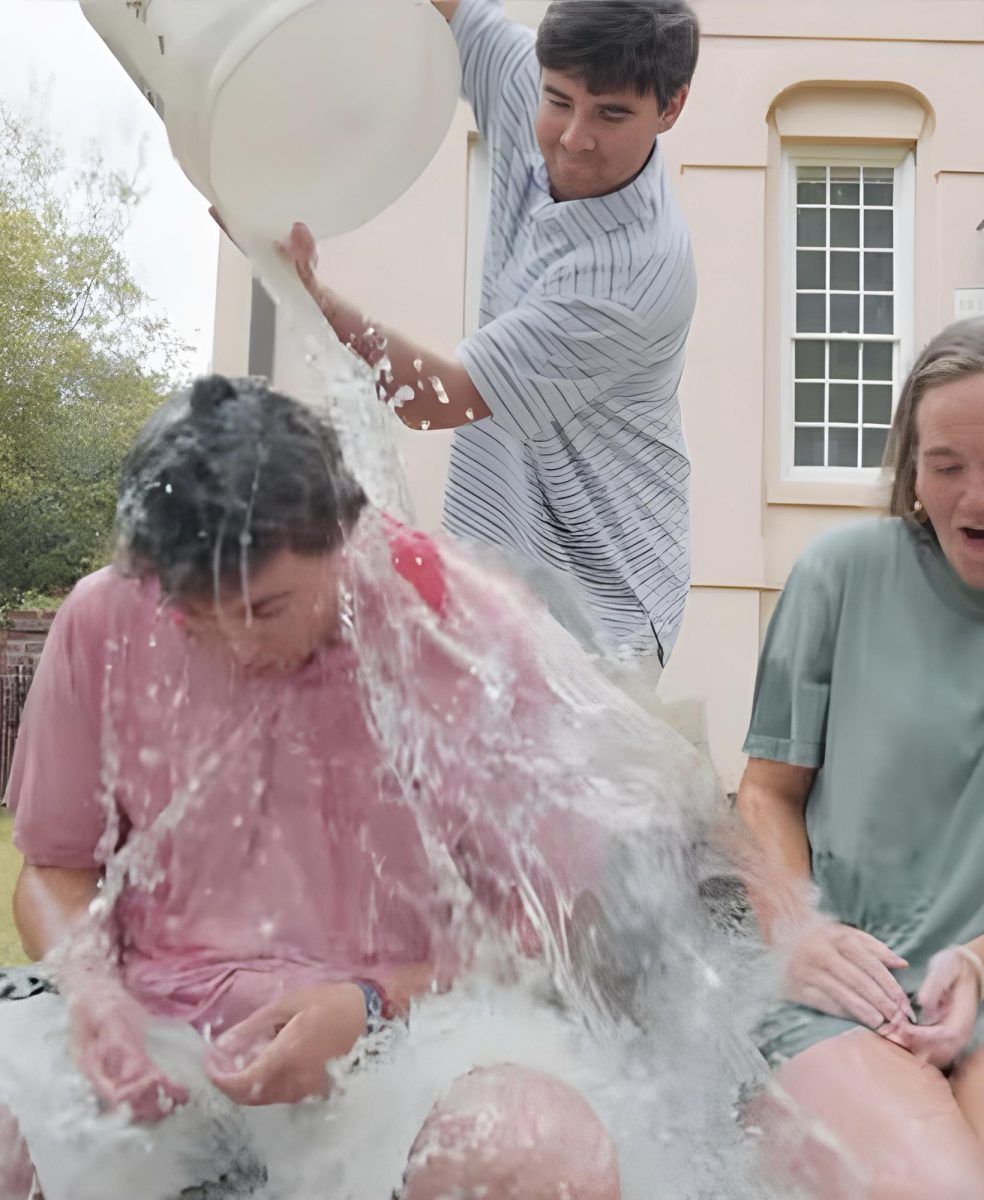College is a stepping stone that lots of kids dream of taking — gaining independence, going to parties, the overall “college experience.” Although, underlying this dream of freedom lies a world of debt, dissatisfaction, and despair that can come from pursuing secondary education. College is something that many high schoolers work to achieve without proper warning or consideration for the price of that degree. Today’s high schoolers graduate at 18, and are usually encouraged to immediately pursue college. The idea of experiencing college life is presented temptingly in front of them, like a piece of chocolate cake. Most of them will take a bite, but the stomach ache they will endure will often leave them filled with regret.
College is not a complete waste of money. Some university students know exactly what career they want to pursue by the time they earn their degree, so their experiences in college are beneficial. According to the Education Data Initiative, college graduates make approximately 84% more than those with only a high school diploma. The problem with this comparison is that a lot of college students don’t end up making it to college graduation. Between the years 2022 and 2023, the Education Data Initiative says that 24.5% of first year students in the U.S. dropped out. This means they paid tuition for a full year of college that they no longer have any use for. In Indiana, the average annual tuition for a public school is $10,000, not counting room and board, food, and other necessities required for a first year at a university. For someone who drops out of college, it’s seemingly wasted money that could’ve gone to other things like travel, a savings account, or back into their parents’ pockets. Why are young adults encouraged to make huge financial decisions that could negatively impact their futures?
Not only can the money required for attending college burn a hole in a student’s wallet, but it can also create health risks as well. More than three quarters of college students experience mental health issues like anxiety and depression. These issues can arise whether a young person is enrolled in college or not, but being away from home certainly can make matters worse. One summer passes by and suddenly a new student is hours away from family, friends, pets, and most of their belongings. Some 18 year olds may be ready for this change, but others struggle with the transition.
Contrarily, one higher education researcher, Best Colleges, says that more than 15% of U.S. high school graduates decide to either not go to college or to take a gap year. The reasons for taking a year off can range from wanting to travel or just being burnt out. It’s easy to forget that the majority of high school graduates just spent 13 years of their life sitting in a school without a gap to reset. While some do end up going back to school, many don’t. The common belief that high school graduates have to be in young adulthood when going into college stops a lot of people from pursuing higher education as adults. According to Education Data Initiative, only 6.95% of Americans ages 25 to 29 end up enrolling in a university or college, even if that is arguably the best age to start higher education. The fear of being too old for college lingers in a lot of adult minds, especially because they won’t be able to experience the fun of college as a kid.
The belief that every high school graduate should pursue a higher education as soon as they finish high school is flawed. Teens shouldn’t be expected to pay hundreds of thousands of dollars for schooling when they barely have any money of their own. Many students don’t know exactly what they want to do for the rest of their lives coming out of high school, and finding the right time to start school again is something that all students might struggle with. It’s normal to feel uncertainty about leaving home. And it’s okay to deviate from the path society expects everyone to take. High school graduates just need to know when the best time for school is for them.





